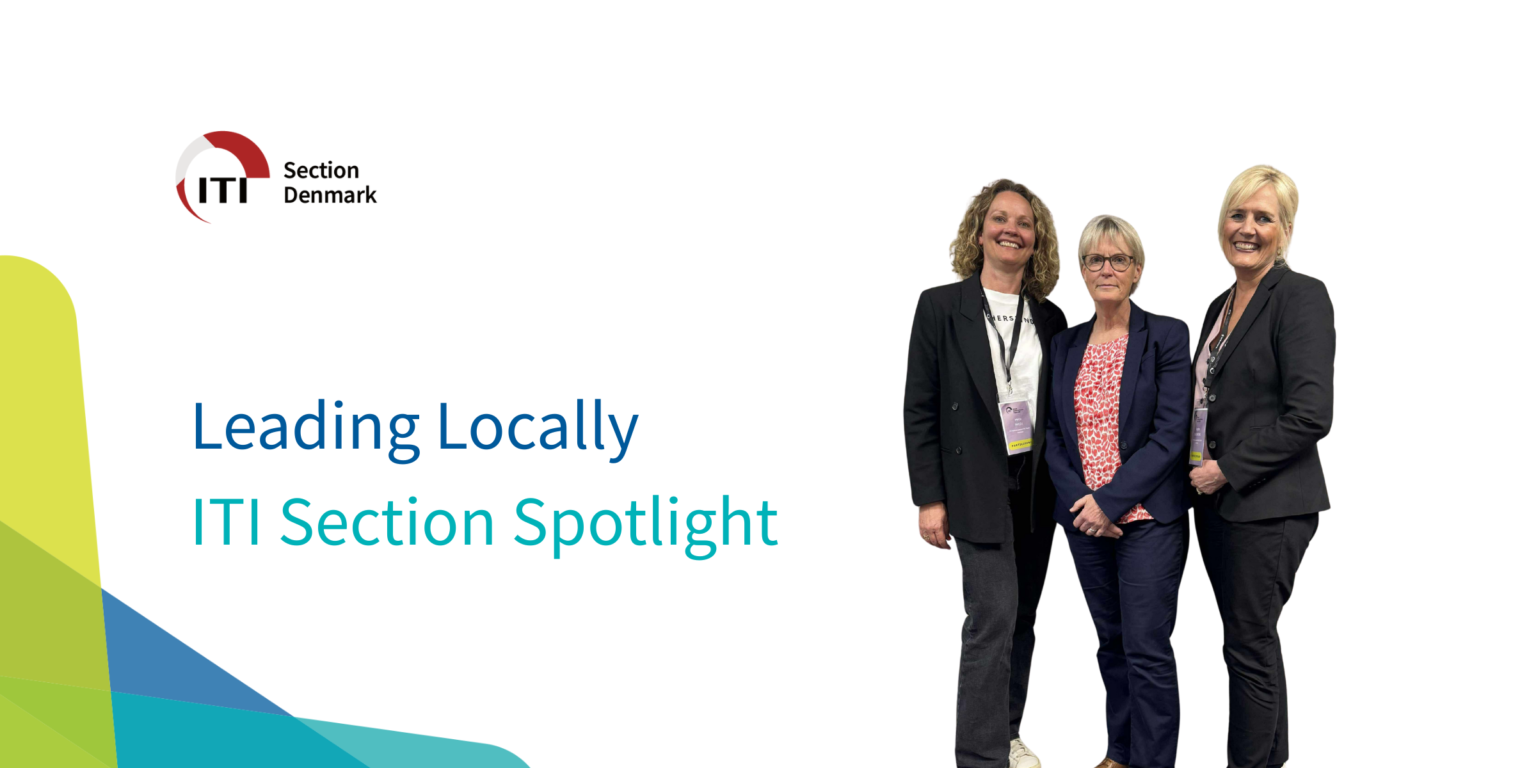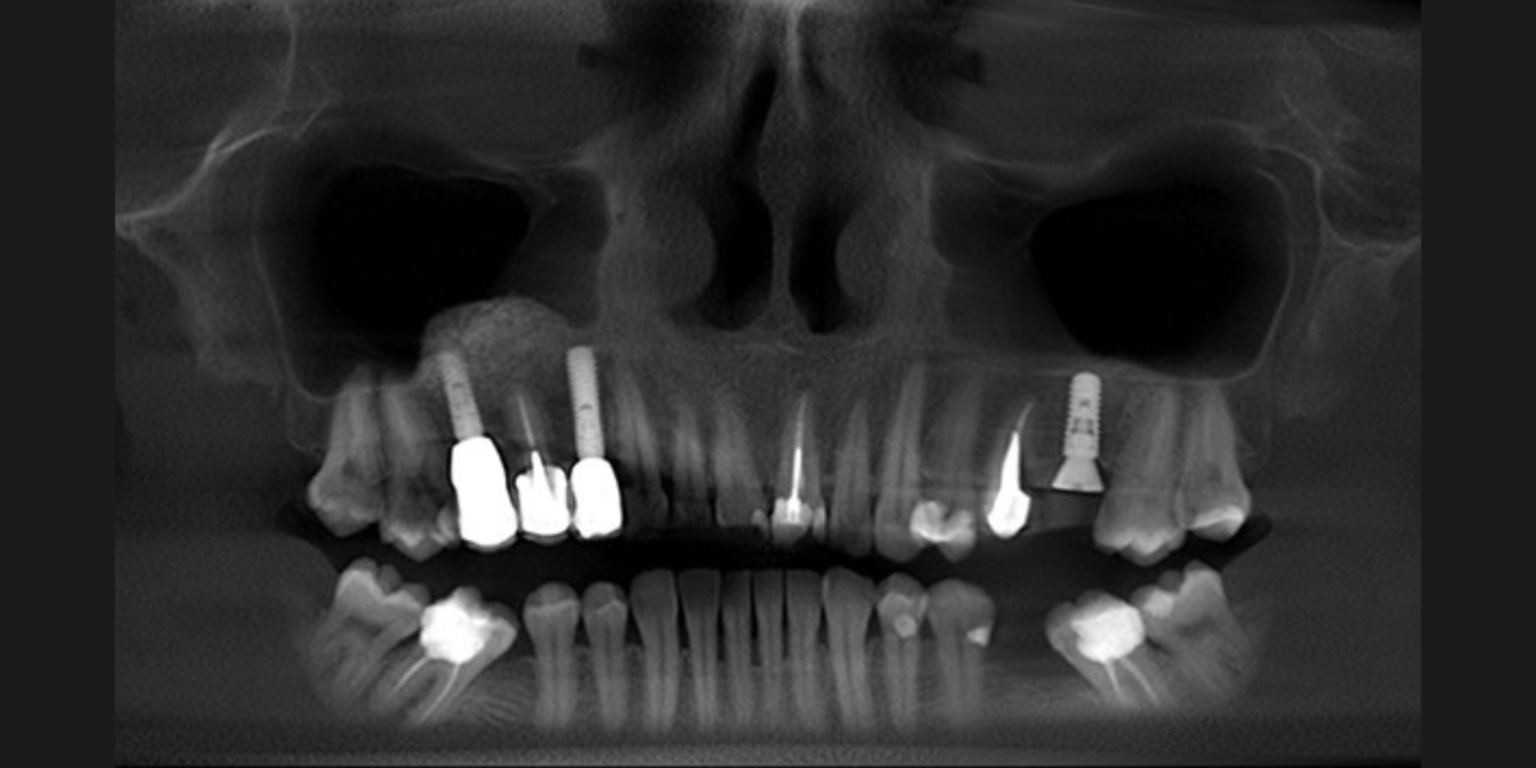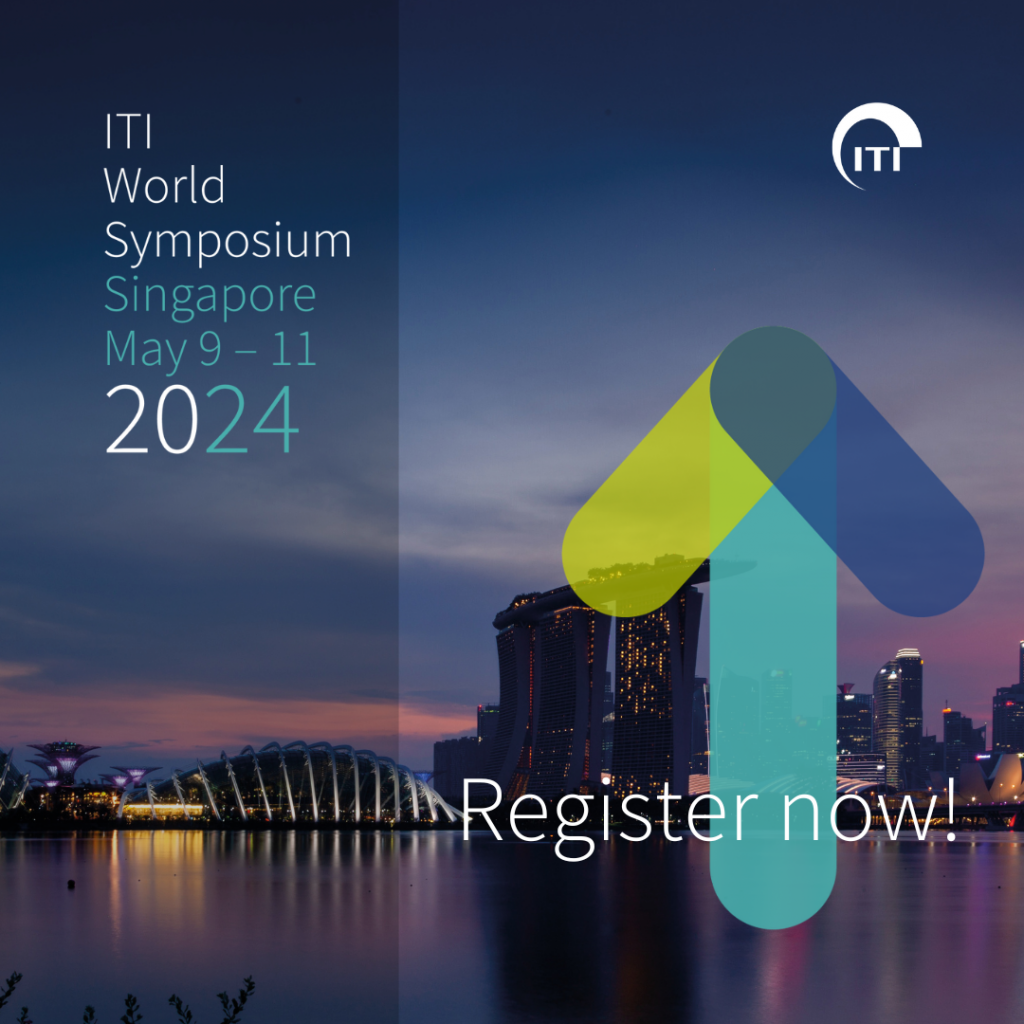With USD 2.2 million to allocate to dental-implant-related studies every year, the ITI Research Committee supports meaningful research projects run by experienced as well as aspiring researchers from all over the world. But there is more to these great professionals than just their work.
In this new feature the ITI Blog takes a 360° look at the personal and professional lives of individual researchers who have received ITI funding.
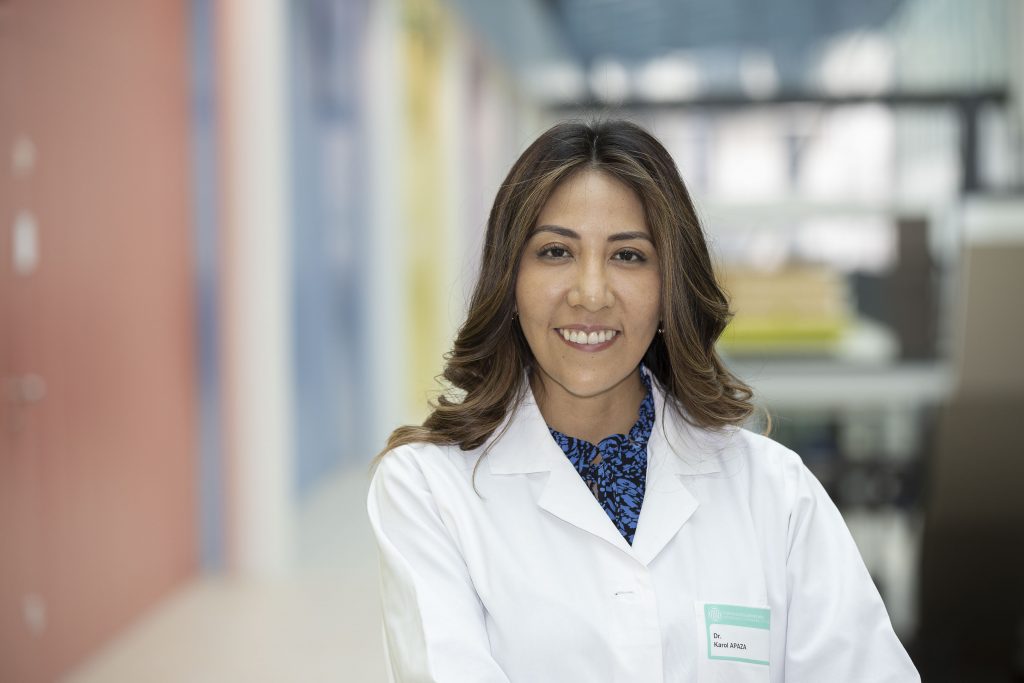
In this issue, we interview Dr. Karol Apaza. Originally from Peru, she is currently a doctoral researcher at the University Clinic of Dentistry, Medical University Vienna.
Can you tell us a bit about your professional background?
Switching from electronic engineering to dentistry was one of the most important decisions I ever made. It is the health field that really sparked my passion. After graduating, I spent 4 years working in private practice as well as in a hospital setting, which provided me with a broad canvas to deploy my skills. By interacting with a wide range of medical specialties, I was able to seamlessly integrate dental care into the larger picture of patient wellness with a holistic approach to medical care.
Driven by an acute awareness of the shortage of periodontal and implant specialists in my home town and the desire to offer better treatment options to my patients, I embarked on a new phase of my journey at the prestigious Universidad Peruana Cayetano Heredia in Lima. There, I did my specialty studies in implant dentistry. As I delved deeper into the nuances of periodontics and implant dentistry, I recognized the potential for research to generate new insights.
My foray into research was catalyzed by a confluence of factors: exposure to innovative studies at dental congresses, interaction with fellow researchers who shared their enthusiasm, and the growing realization that research could drive tangible improvements in patient care. For that reason I was involved in the conduction of different clinical trials, performing the surgeries or doing the outcomes analysis.
I have to say that collaboration and networking emerged as the cornerstones of my journey as a researcher. Through efforts to connect with colleagues, mentors (like Profs Daniele Botticelli, Niklaus Lang, Reinhard Gruber and Stefan Tangl), and academics, I was immersed in a rich ecosystem of knowledge exchange. Networking fueled the evolution of ideas, facilitated access to cutting-edge research methodologies, and provided the impetus for me to move abroad to hone my skills and contribute to different research studies.
How much of your time is devoted to research?
As a dedicated PhD student, I have immersed myself fully in the research arena, channeling my energy into experimental studies, histological processing, data analysis, paper writing and collaborative projects. My main focus is on finishing my PhD studies that revolve around the intricate world of experimental studies with genetically modified mice.
My research activities consist of meticulous processing of undecalcified histological samples. This task requires precision and expertise to preserve tissue structures to facilitate subsequent analyses. I also use advanced imaging techniques, such as computed microtomography and other bioimaging tools, that allow me to peer into the microscopic world and capture intricate details that contribute to a deeper understanding of my subject of study.
Although most of my time is spent on research, I recognize the value of a balanced academic and personal life and a number of other activities contribute to my overall development:
Continuous learning: I keep abreast of the latest developments in the field, attend seminars, poster presentations, oral communication competitions, workshops and conferences to broaden my horizons.
Networking and professional engagement: Interaction with colleagues, researchers and practitioners is crucial. Networking fosters collaboration because it exposes me to diverse perspectives and opens doors to future research opportunities.
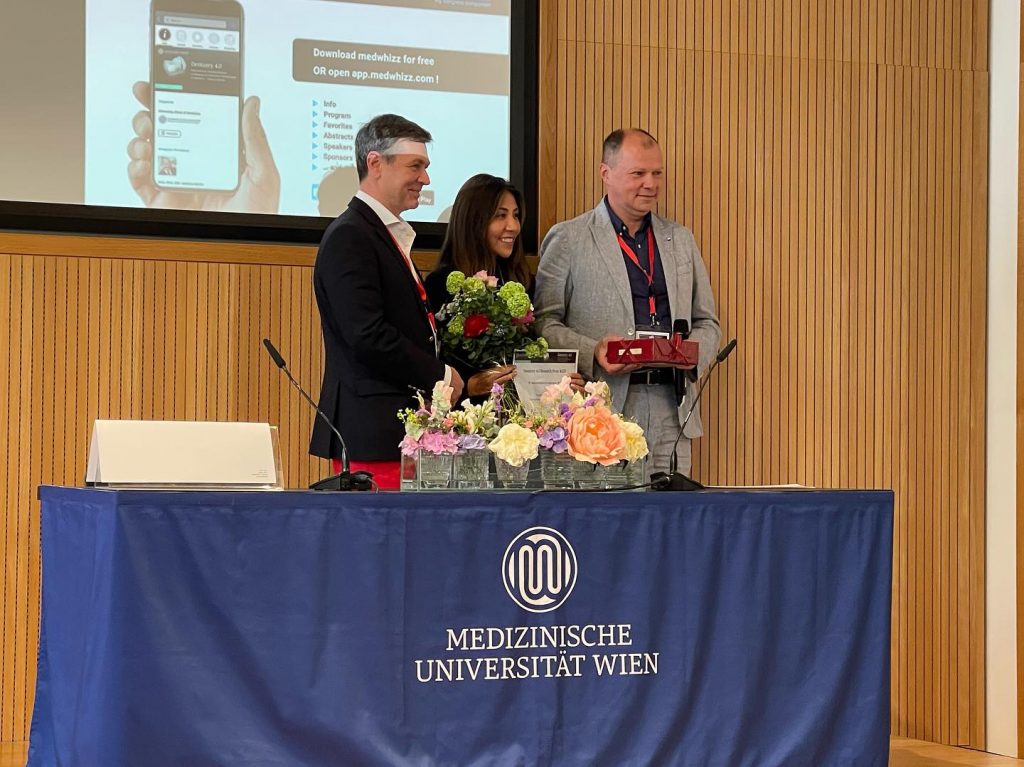
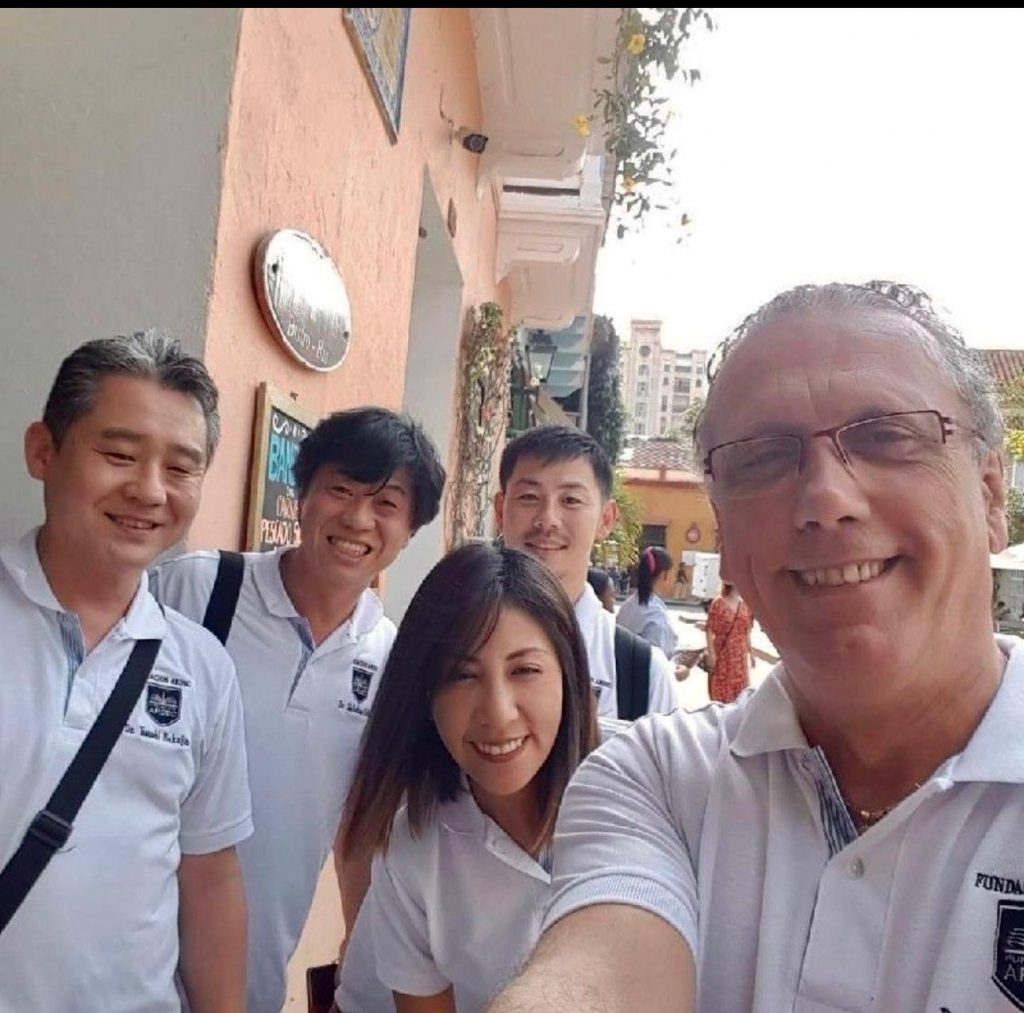
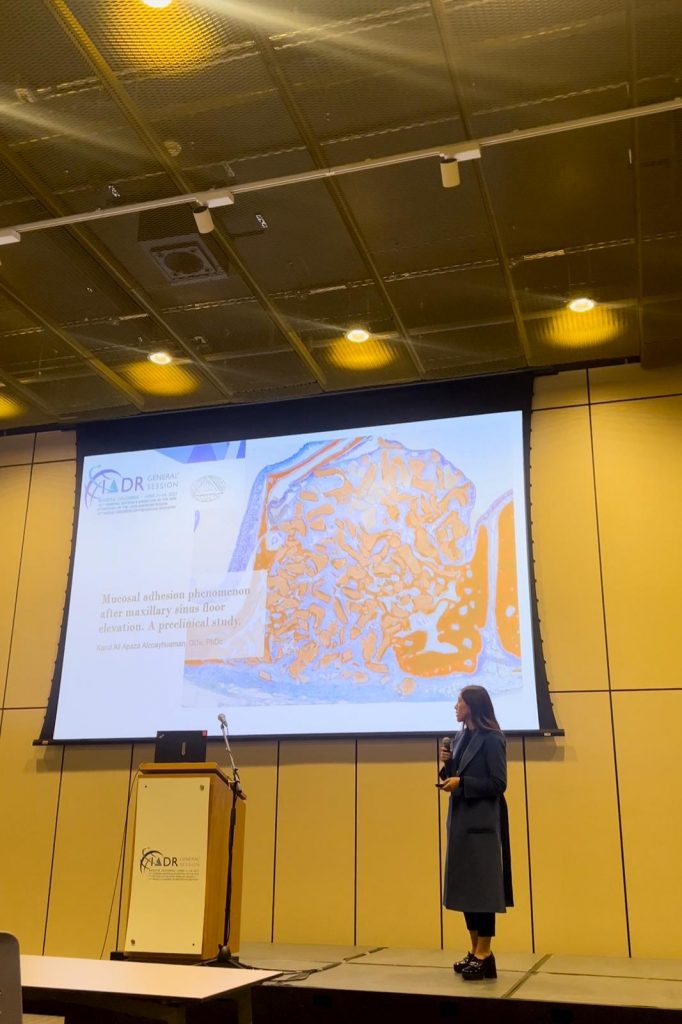
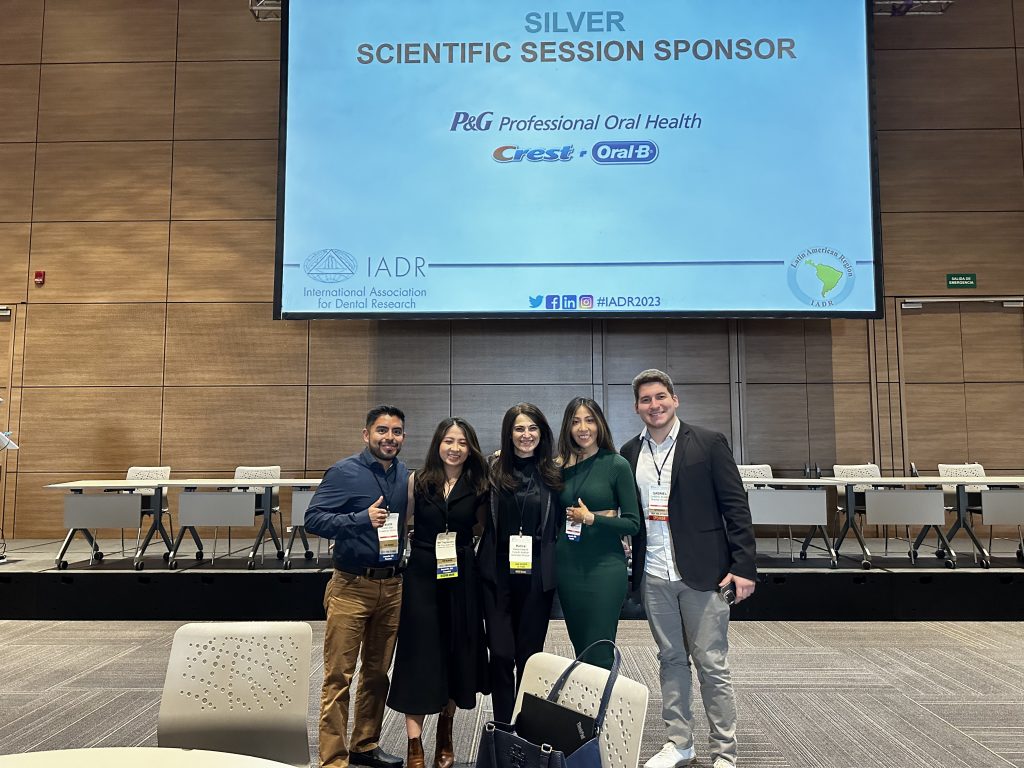
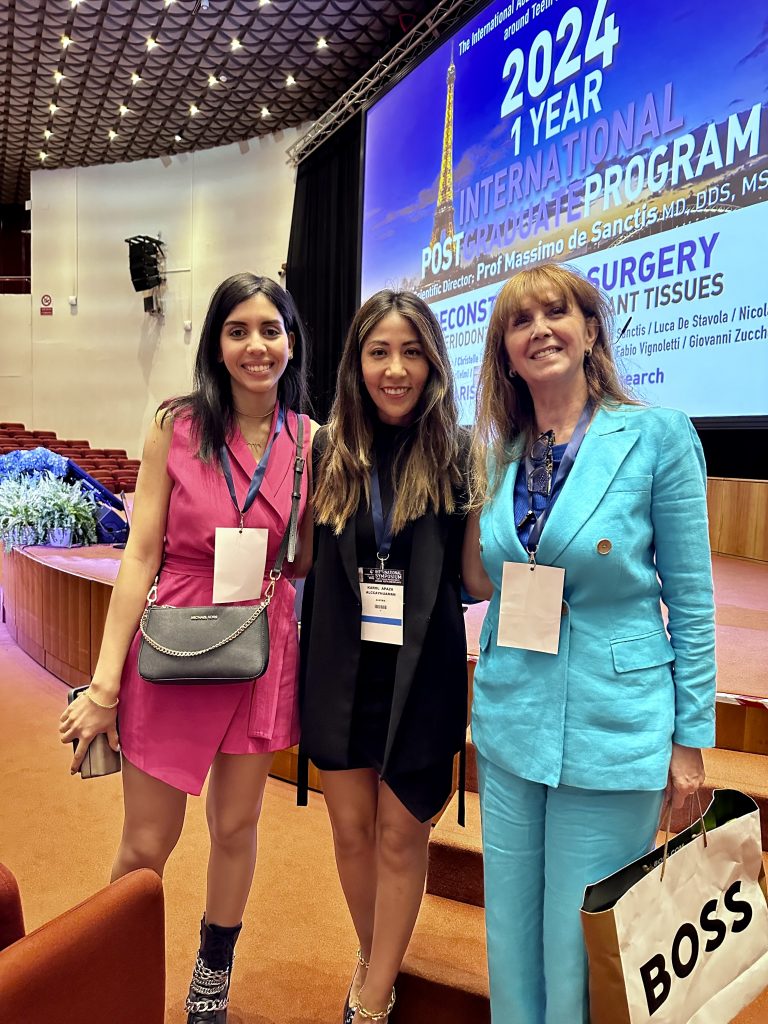
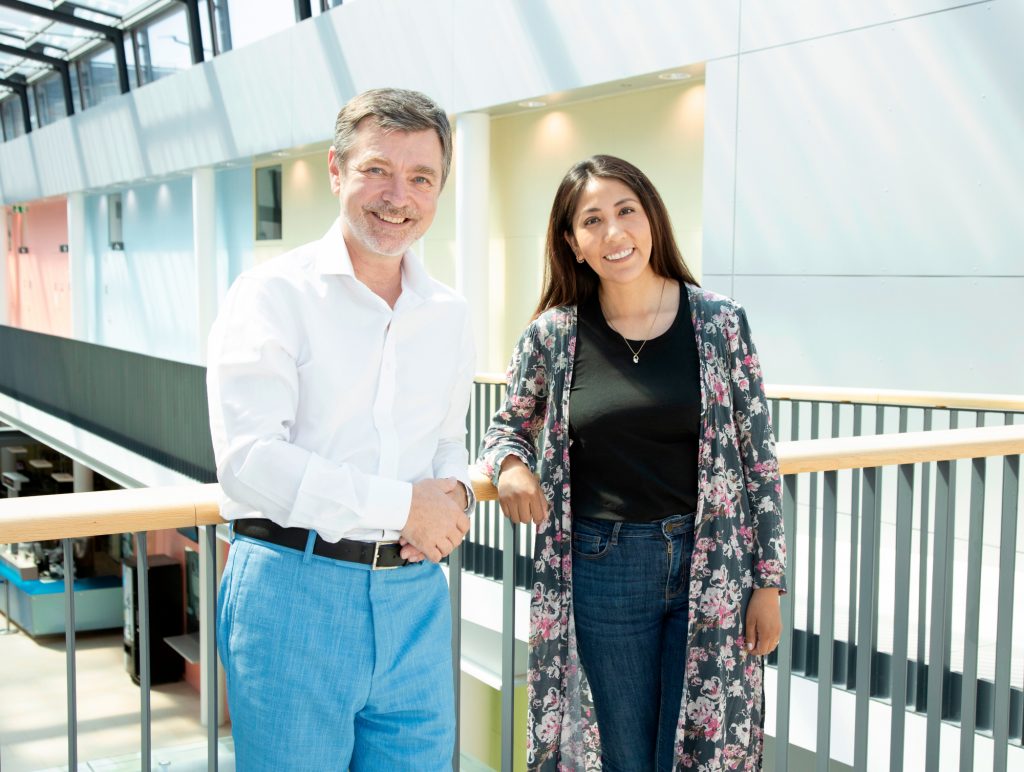
Give us a brief description of your project, what you hope to achieve, and why it is relevant to implant dentistry.
My project deals with autophagy. Autophagy, a process that cells use to recycle and break down materials, is essential for keeping tissues healthy. When looking at its effects on the tissues around teeth and dental implants, autophagy opens up a whole new area of research. Epithelial cells, which act as guards in the mouth, use autophagy to get rid of harmful bacteria and keep the environment balanced. Stopping autophagy can disrupt this balance, potentially affecting the health of the tissues around the teeth and implants. When damaged parts build up within epithelial cells, it can lead to inflammation and damage to the tissues. Moreover, changes to the process of autophagy can alter the combination of bacteria present, potentially impacting the health of the gums and dental implants.
To investigate this subject, we will be using an engineered mouse model (based on the deletion of the autophagy factor Atg7 in K14-positive epithelial cells) to compare the health of the gingival and junctional epithelium. We will be looking at a mouse with a lack of autophagy and compare it to a mouse with normal autophagy. Since the epithelial seal is important for the underlying bone, we will also measure bone-related parameters in both healthy and LPS-induced periodontal mice.
An important aspect is the potential effect on the balance of bone around the implant, which could have a major effect on how stable the implant is. Therapeutically, manipulating autophagy could potentially have a lot of positive effects. Changing autophagy in certain cells could help make tissues stronger and make it easier for them to heal. This approach could create new ways to reduce inflammation and help keep the tissues around the teeth and dental implants healthy for longer. The idea is to work together across different disciplines, including cell biology, implantology, and periodontology, to understand how autophagy affects the mouth and teeth as well as peri-implant tissue. Exploring how autophagy works could well lead to new ways to improve oral health and overall well-being.
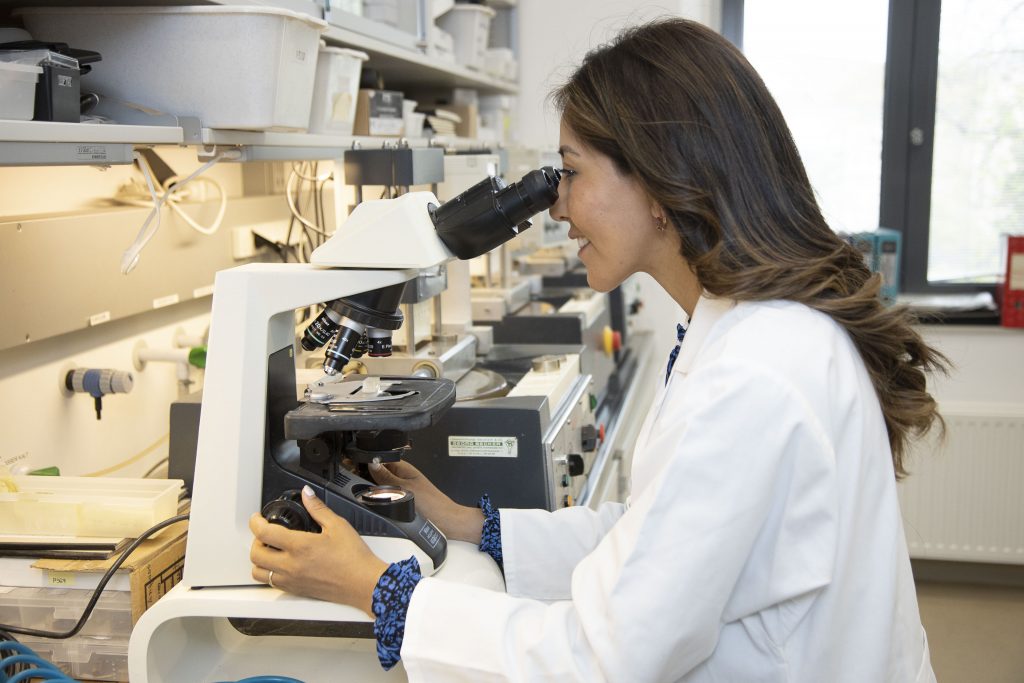
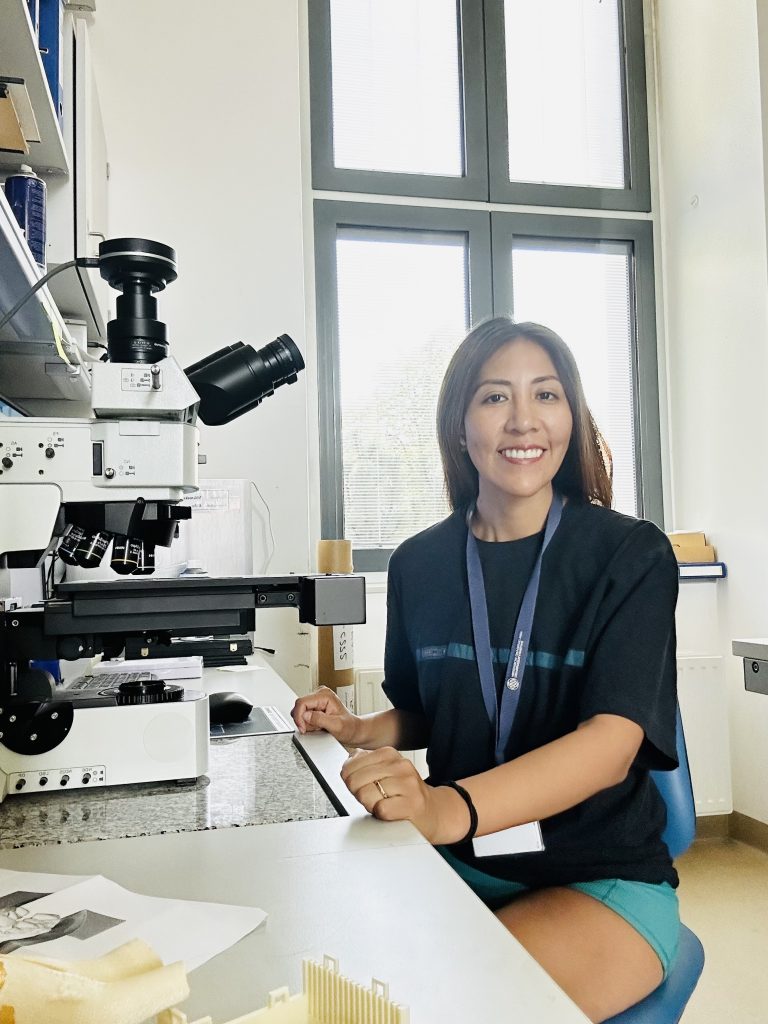
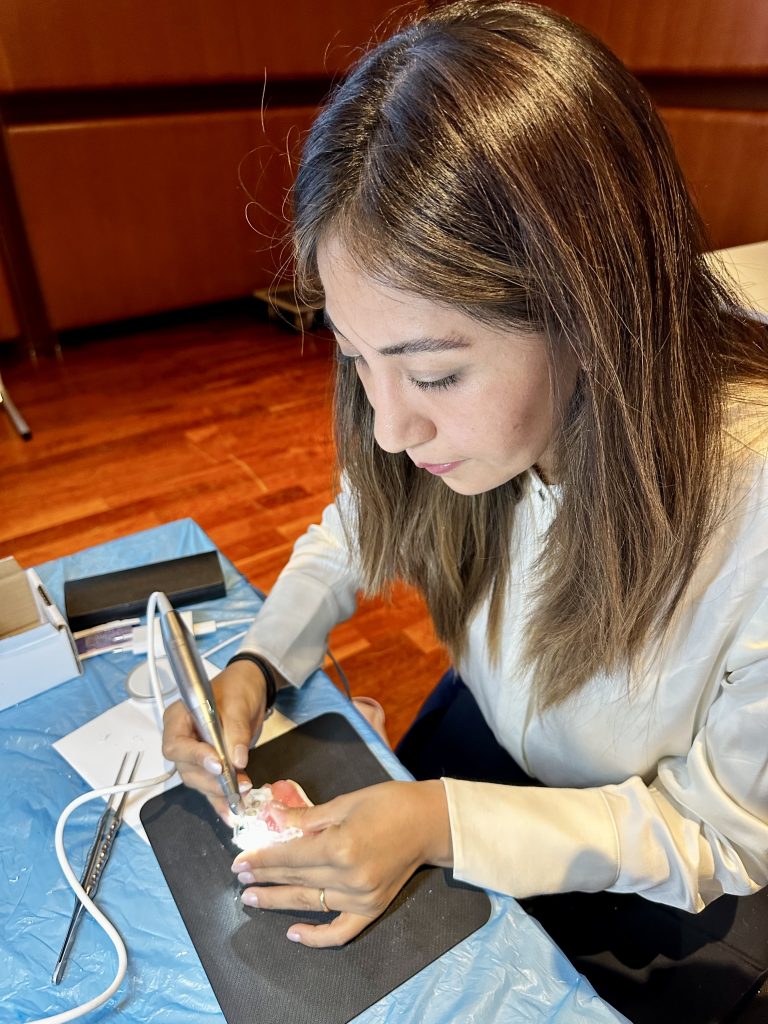
Where do you see yourself in the future?
In five years, I see myself as a Research Integrated Clinical Specialist at a leading academic institution. I would like to lead a research team focused on the most cutting-edge advances in dentistry. I would like to be deeply involved in both clinical practice and research, bridging the gap between patient care and scientific exploration. I would also welcome the opportunity to engage in teaching and mentoring, training the next generation of dental professionals, and sharing my expertise with colleagues and students.
Within a decade, I would like to hold a senior position as a director or leader in a renowned dental school or research center that integrates clinical excellence with cutting-edge research. I would like the opportunity to shape the direction of research initiatives, foster interdisciplinary collaboration, and establish myself as a thought leader in my field. As a mentor and educator, I would like to guide students and residents on their academic journey, instilling in them a passion for research-oriented dentistry while ensuring top-notch patient care.
What else do you like to do apart from work?
Amidst the demands of work, my life finds colorful expression through a mix of hobbies and passions.
Embroidery is a beloved tradition I learned from my mother, a beautiful connection to my family’s heritage. With wool and a needle, I weave intricate colorful patterns and try to preserve memories and honor the ties that bind us together.
Books are my door to new worlds. They relax me and are like an escape from one reality into another. Whether I lose myself in a gripping novel or immerse myself in the real world, reading broadens my horizons and nourishes my intellect.
Dancing is a hobby that I practiced before coming to Europe. I like tango and Latin dances. Each step is a joyful expression of emotions that words cannot capture. Dancing relaxes me a lot so I am taking it up again.
Boxing is my most recent passion. With gloves on, I channel my energy, embrace discipline, and learn the art of controlled strength. Each punch is a reminder of my resilience and determination to meet challenges.
Running is my other passion, I feel free when I run. Running a marathon is not just a physical feat; it is a testament to dedication and perseverance. Having run the Vienna marathon this year, I am energized by the desire to run another and improve my time and endurance. Training becomes a metaphor for life’s challenges, and with each stride, I remind myself of my strength and determination.
Each activity reflects my identity, my aspirations, and the boundless joy of living.
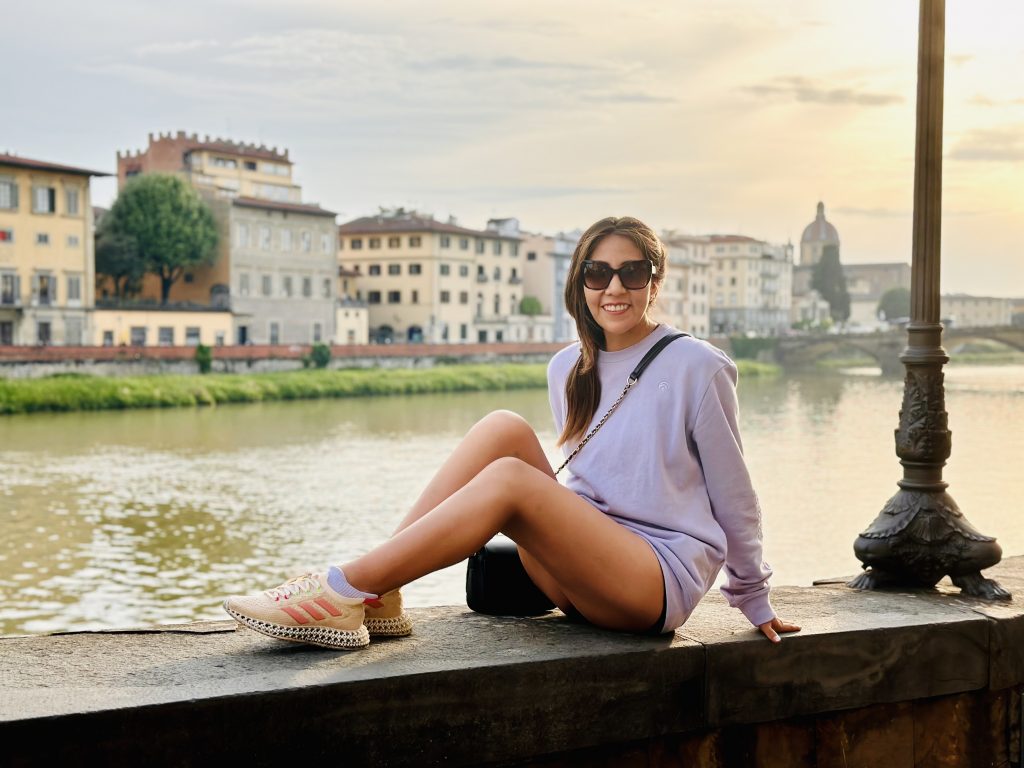
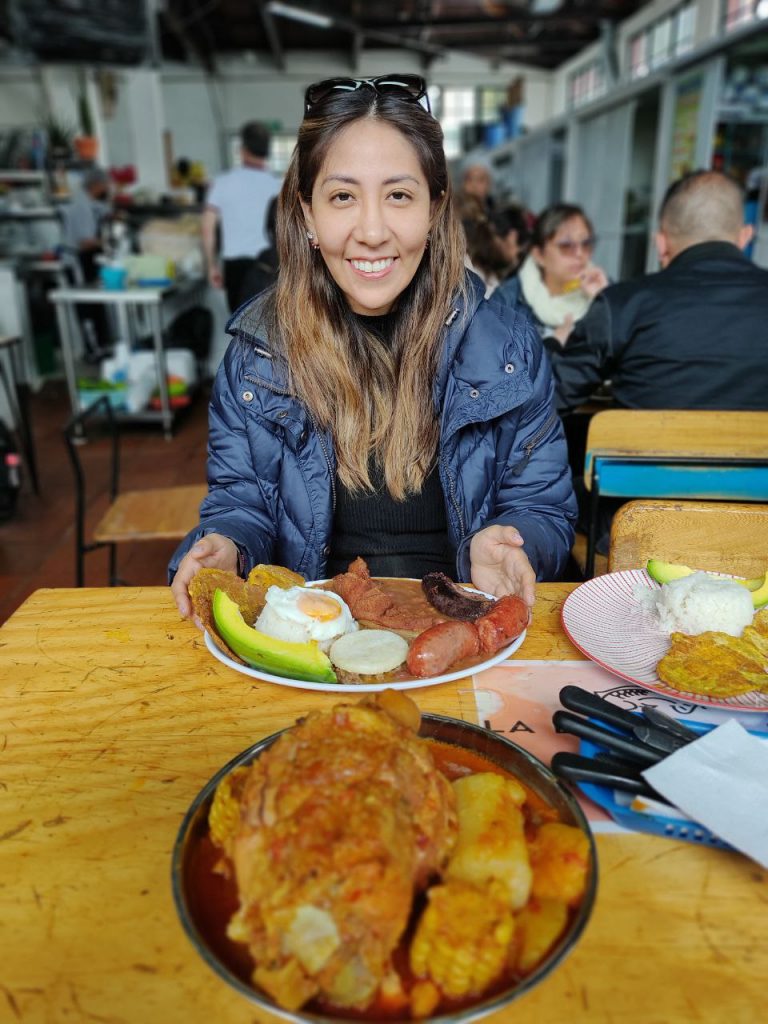
Paint us a picture of a typical weekend.
On any given weekend as the sun peeks over the horizon, I slip on my running shoes and hit the streets, embracing the quiet of the morning with every step. Afterward, the boxing gym becomes my sanctuary. With determination, I work on and practice the techniques I haven’t quite mastered.
At home, the kitchen becomes my creative refuge. I like to prepare Peruvian dishes on the weekends and eat super well and then go to the lab.
With a relaxed mind, I immerse myself in reading scientific journals while processing samples or scanning histological samples. Saturdays are also good for revisions, writing emails, organizing projects, and coordinating activities.
On Sundays, armed with determination and a cup of coffee, I get to grips with my thesis. In the afternoon, I set about studying German, even if it is a bit complicated. Late in the evening, I like to read a book or catch up on the news of the week.
Tell us 5 of your favorite things.
- Working in the lab
- Traveling to Italy or other places
- Engaging in sports like boxing and running
- Dancing – tango and reggaeton
- Connecting with my family via WhatsApp
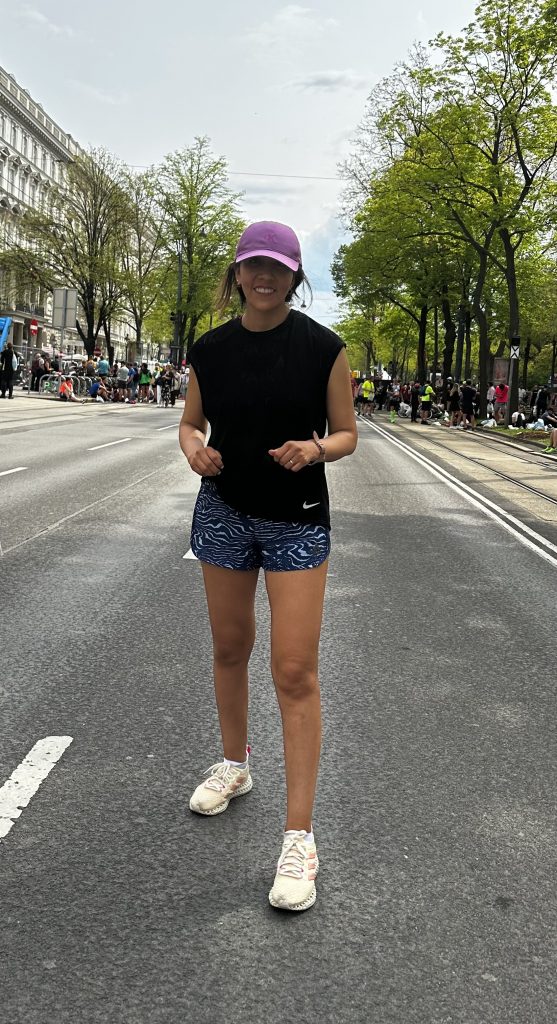
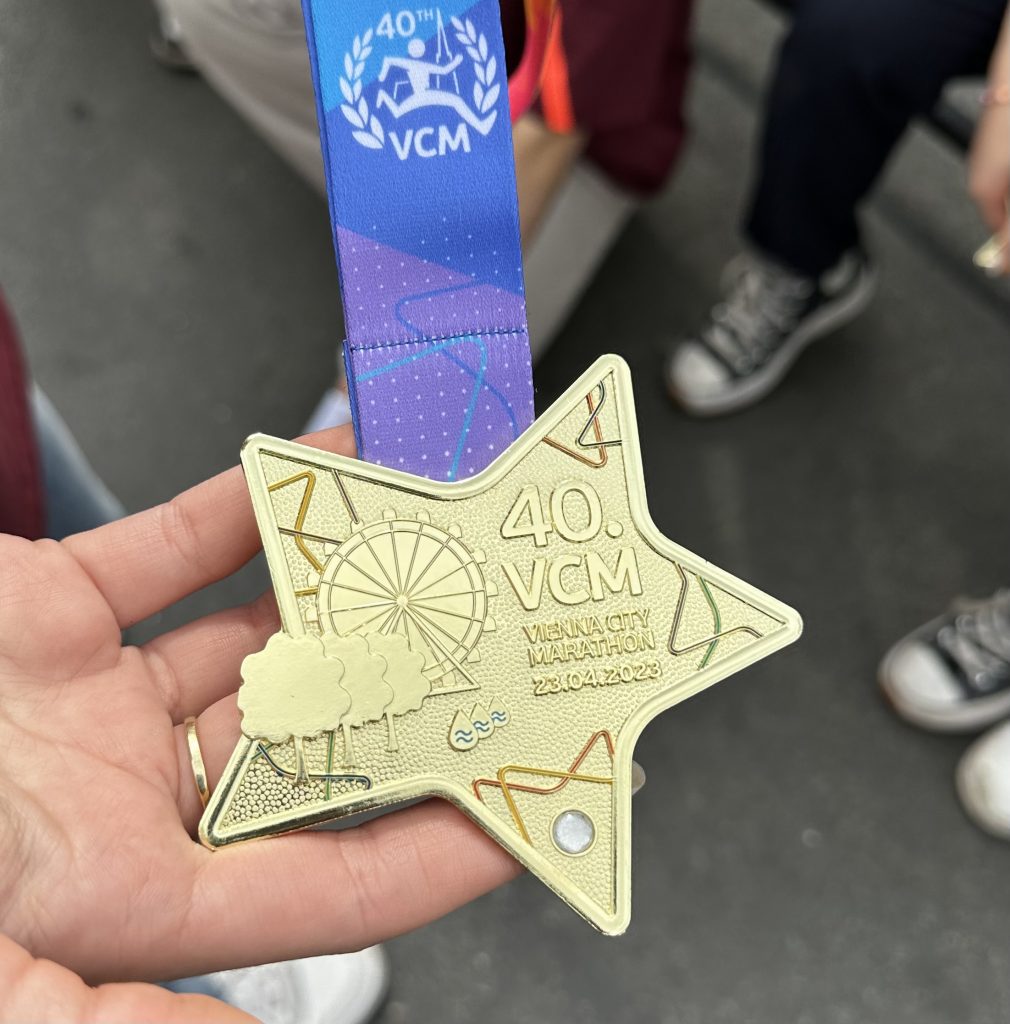
About ITI Research grants
The ITI provides funding for research projects in the field of implant dentistry and related areas that the ITI Research Committee has judged deserving of support. Part of the ITI’s annual research budget is allocated to applications whose projects deal with specific areas of interest defined by the ITI Research Committee.
The deadlines for ITI Research Grant applications are February 28 and August 31.
Apply for an ITI research grant



